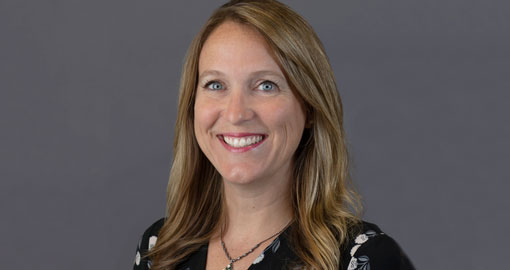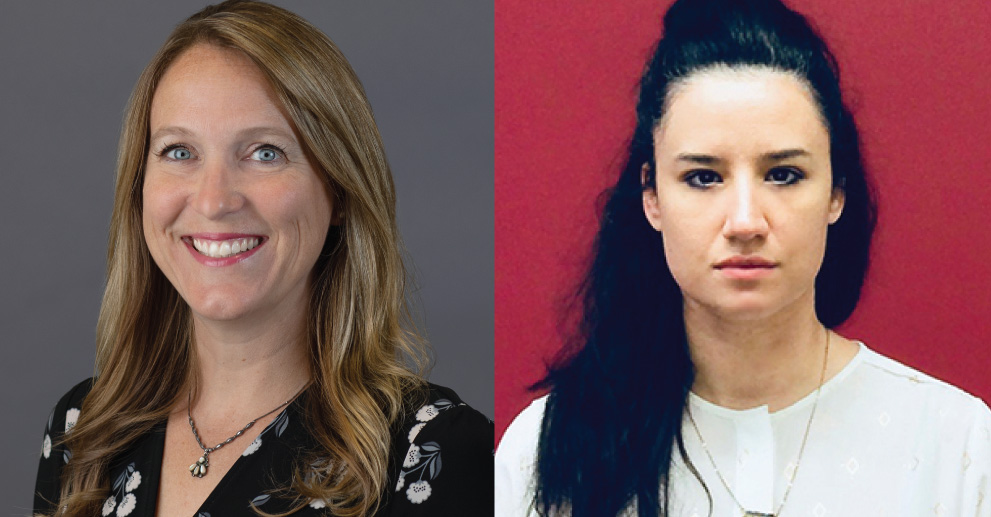Join the Focus On seminars email list
We’re bringing together two types of leaders in cancer research.
Seminar Recording

Senior Director of Basic Science
Professor, Department of Oncological Sciences
University of Utah, School of Medicine
“Using patient-derived models for drug discovery and functional precision oncology in advanced breast cancer”
The research in Dr. Welm’s laboratory is focused on solving the problem of breast cancer metastasis using in vivo modeling of mouse and human breast cancers. Dr. Welm’s group discovered that the Ron kinase pathway is an important facilitator of breast cancer metastasis through its unique dual function in tumor cells and in resident macrophages. Current areas of research include (1) pre-clinical studies of various Ron inhibitors for treatment and prevention of metastatic breast cancer; (2) pre-clinical and early clinical studies of Ron/Met inhibitors in bone metastatic cancers; (3) discovering molecular mechanisms by which Ron kinases promote metastasis through cell-autonomous and non cell-autonomous pathways; and (4) refining “precision medicine†for metastatic breast cancer using functional assays in patient-derived breast tumor grafts and organoid models.

Assistant Professor, Department of Orthopaedic Surgery
University of California, Los Angeles
Jonsson Comprehensive Cancer Center
“Tumor organoids to model rare cancers for functional precision medicine application”
Recording note: Dr. Soragni’s presentation is not available.
Dr. Alice Soragni’s lab focuses on two major and overlapping areas of research. First, they investigate how protein aggregation affects cancer development and progression, with a special focus on p53 aggregation. They exploit protein aggregation as a therapeutic target by designing peptides that interfere with the process. Second, and in parallel, the lab focuses on developing clinically-relevant organoid models for cancer biology, as well as drug discovery and development applications. In particular, they establish tumor organoids from surgical specimens (patient-derived tumor organoids) and perform high-throughput drug screenings to individualize cancer therapy to each patient.
